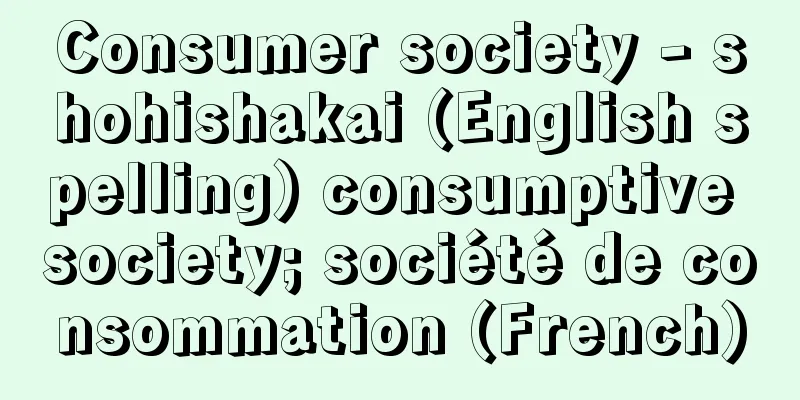Public prosecution - Koso
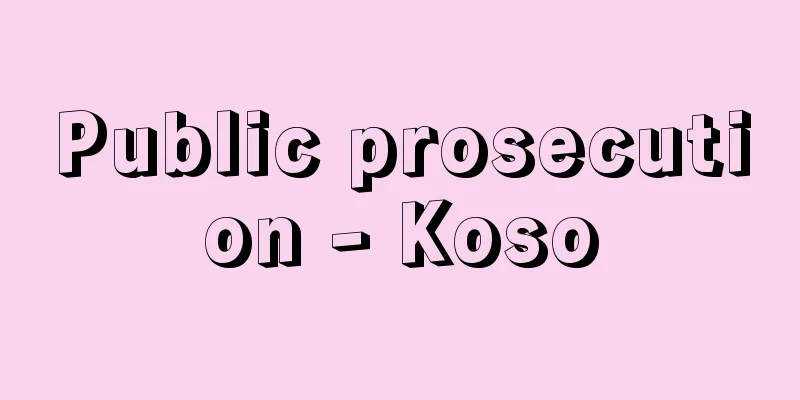
|
In criminal cases, the right to prosecute is the expression of intent to seek a trial when the prosecutor believes that a crime has been committed based on objective evidence (Criminal Procedure Law, Article 247 and following). The right to prosecute is the right to seek a trial that the prosecutor can exercise when he believes that a crime has been committed, and its main content is the right to seek a substantive trial. In order for the prosecutor to exercise the right to prosecute in a specific case, in addition to the fact that the conditions for litigation for that case are complete, the existence of suspicion based on objective evidence is required. Regarding the level of suspicion required to bring a prosecution, precedent has stated that "the prosecutor's impression at the time of indictment or prosecution is, by its very nature, different from the impression of the judge at the time of judgment, and it is sufficient if there is a suspicion that the accused is found guilty through a reasonable judgment process, taking into consideration all the various evidential materials at the time of indictment or prosecution." If the prosecutor, without this level of suspicion, illegally brings a prosecution through intent or negligence and causes damage to the defendant, he will be liable for state compensation (State Compensation Law, Article 1, Paragraph 1). There is a debate in academic theory as to whether such suspicion is a valid requirement for the initiation of prosecution. The positive theory holds that this is one of the cases where the theory of "abuse of the right to prosecute" applies, and that a trial to dismiss the charges or a verdict of acquittal should be issued for charges brought without suspicion. In contrast, the negative theory holds that it is unreasonable to examine the existence of suspicion separately from the substantive trial in the same proceedings, given the dynamic nature of the proceedings and the principle of eliminating prejudice that comes from the principle of a single indictment, and that this issue can be dealt with by a verdict of not guilty. In general, the theory that considers the latter to be appropriate is more prevalent. Regarding the initiation of prosecution, first, the principle of the prosecutor's monopoly on prosecution (state prosecution principle) is adopted, which means that only the prosecutor, who is a national organ, can institute prosecution. Secondly, the principle of expediency in prosecution is adopted, which means that even if the prosecutor finds that a crime has been established and the conditions for prosecution are met, if prosecution is not necessary in the public interest, the prosecutor may not lawfully institute prosecution. Therefore, in some cases, the exercise of the right to prosecute may be arbitrary or self-righteous on the part of the prosecutor, or it may be influenced by political circumstances. To prevent this, there is a system of judicial review of the prosecutor's decision not to prosecute (also called the system of quasi-prosecution procedures in court, Article 262 of the Code of Criminal Procedure and subsequent articles), and the prosecutorial review committee system. Under the Prosecution Review Committee Act (Law No. 147 of 1948), in order to reflect public opinion in the exercise of the right to prosecute and ensure its fairness, the prosecutorial review committee is to be located in the location of the district court and the district court branch as specified by government ordinance. The Prosecutor's Review Board also reviews the propriety of a prosecutor's decision not to indict (decision not to prosecute). In the past, when the Prosecutor's Review Board made a decision to indict, the Chief Prosecutor was only required to take that decision into consideration and, if he thought that a prosecution should be brought, to proceed with the indictment. However, with the amendment of the Prosecutor's Review Board Law in 2004, if the prosecutor again decided not to indict despite the Prosecutor's Review Board's decision to indict, the Prosecutor's Review Board will review the case again and, if it again made a decision to indict (decision to indict), the decision to indict will be recognized as having the effect of instituting a prosecution. Under the current law, the principle of expediency in prosecution is adopted, and the dismissal of prosecution is permitted until the judgment of the first instance is made (this is called the change principle). Thirdly, the principle of a single indictment is adopted, and documents or other items that may cause the judge to have a preconceived notion about the case must not be attached to the indictment, nor their contents quoted. This is to prevent the judge from having a preconceived notion about the facts of the prosecution. Regarding cases where the initiation of prosecution is unjust, precedents have stated that, although it cannot be denied that the prosecutor's deviation from his discretionary power may invalidate the initiation of prosecution, this is limited to extreme cases, such as when the initiation of prosecution itself constitutes a crime committed in the course of official duties. Therefore, in extremely exceptional cases, there may be cases where an unjust initiation of prosecution is invalidated. [Ichiro Uchida and Morikazu Taguchi] [References] | | |Source: Shogakukan Encyclopedia Nipponica About Encyclopedia Nipponica Information | Legend |
|
刑事事件について、検察官が客観的証拠資料に基づいて犯罪があると考えたときに、裁判を求める意思表示をいう(刑事訴訟法247条以下)。公訴権は、検察官が犯罪があると考えたときに行使することのできる裁判請求権であり、その主要な内容は実体的審判請求権である。公訴権を検察官が具体的事件について行使するためには、その事件について訴訟条件が完備していることのほかに、客観的証拠資料による嫌疑の存在を必要とする。公訴の提起に必要とされる嫌疑の程度に関して、判例は「起訴時あるいは公訴追行時における検察官の心証は、その性質上、判決時における裁判官の心証と異なり、起訴時あるいは公訴追行時における各種の証拠資料を総合勘案して合理的な判断過程により有罪と認められる嫌疑があれば足りる」としている。この程度の嫌疑もないのに、かりに検察官が故意または過失によって違法に公訴を提起し、被告人に損害を加えたとすれば、国家賠償の責任が生じる(国家賠償法1条1項)。このような嫌疑が公訴提起の有効要件であるか否かについては、学説上争いがある。積極説は、いわゆる「公訴権の濫用」の理論が適用される場合の一つであるとして、嫌疑なき公訴の提起に対しては、公訴棄却の裁判または免訴の判決を下すべきであるとする。これに対して消極説は、同一訴訟手続で実体審理とは別に嫌疑の有無を審査するのは、訴訟手続の動的性格からも、また起訴状一本主義からくる予断排除の原則からしても無理があり、この問題については無罪の判決で対処することができるとする。一般に後者を妥当とする説が有力である。 公訴の提起に関しては、第一に、国家機関である検察官だけが公訴を提起することができるとする検察官の起訴独占主義(国家訴追主義)が採用されている。第二に、検察官は、犯罪が成立し、しかも訴訟条件も完備していると認めた場合でも、公益上、訴追を必要としないときは、適法に公訴を提起しないことができるとする起訴便宜主義がとられている。そこで、場合によっては、公訴権の行使が検察官の恣意(しい)ないし独善に流れる可能性も考えられ、あるいは政治的事情によって左右されるおそれもある。これを抑制する制度として、検察官の不起訴処分に対する裁判所による審査制度(裁判上の準起訴手続の制度ともいう。刑事訴訟法262条以下)、および検察審査会制度がある。検察審査会は、検察審査会法(昭和23年法律第147号)により、公訴権の実行に関し民意を反映させてその適正を図るため、政令で定める地方裁判所および地方裁判所支部の所在地に置かれることになった。検察審査会は、検察官の公訴を提起しない処分(不起訴処分)の当否の審査をも行う。検察審査会が、起訴相当の議決をした場合につき、以前は、検事正はその議決を参考にし、公訴を提起すべきものと考えるときは、起訴の手続をしなければならないとのみされていた。しかし、2004年(平成16)の検察審査会法の改正により、検察審査会の起訴相当の議決にもかかわらず、検察官が再度不起訴処分とした場合には、検察審査会が再度の審査を行い、再度の起訴相当の議決(起訴議決)を行った場合には、この起訴議決に公訴提起の効果が認められることとなった。現行法は起訴便宜主義がとられているので、第一審の判決があるまで公訴の取消しが認められている(変更主義という)。第三に、起訴状一本主義がとられ、起訴状には、裁判官に事件につき予断を生じさせるおそれのある書類その他の物を添付し、またはその内容を引用してはならないことになっている。公訴事実につき裁判官の予断を生じさせないためである。 なお、公訴の提起が不当な場合につき、判例は、検察官の裁量権の逸脱が公訴の提起を無効とする場合がありうることを否定することはできないが、それはたとえば公訴の提起自体が職務犯罪を構成するような極限的な場合に限られるとしている。したがって、きわめて例外的に、不当な公訴の提起が無効とされる場合もありうることになる。 [内田一郎・田口守一] [参照項目] | | |出典 小学館 日本大百科全書(ニッポニカ)日本大百科全書(ニッポニカ)について 情報 | 凡例 |
<<: Jiangsu [Province] - Jiangsu
Recommend
Timurid Dynasty - Timurid Empire
A Turk-Mongol Islamic dynasty in Central Asia and ...
Shinzo Oya
1894-1980 A businessman and politician from the S...
Emergency Unemployment Measures Act
Law No. 89 of 1949. A law aimed at providing relie...
Terihaboku (Alexandrian laurel)
An evergreen tree of the Hypericaceae family found...
Triplet
…The unit of code is called a codon, and correspo...
Epizone - epitai (English spelling)
It is the upper of three depth zones of metamorphi...
Irving Langmuir
American physical chemist. A pioneer in interface...
Surigane - Surigane
A percussion instrument used in traditional Japane...
Plantago
...A perennial plant of the Plantaginaceae family...
Carcharodon megalodon
...Fossils of shark teeth from the genus Carcharo...
Foreign god - Banshin
〘Noun〙 A god worshipped by aborigines. A god worsh...
Du Fay, CFde (English spelling) DuFayCFde
…This was an important discovery that not only di...
Scythopolis
…It flourished as a key point of north-south trad...
Ouida
…Fantasy, which invites children into a land of f...
Takaso - Kouso
[1] 〘 noun 〙① A distant ancestor. Also, ancestors ...
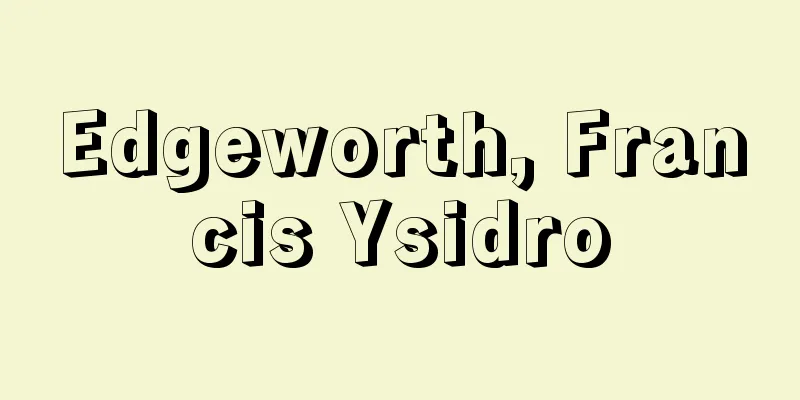
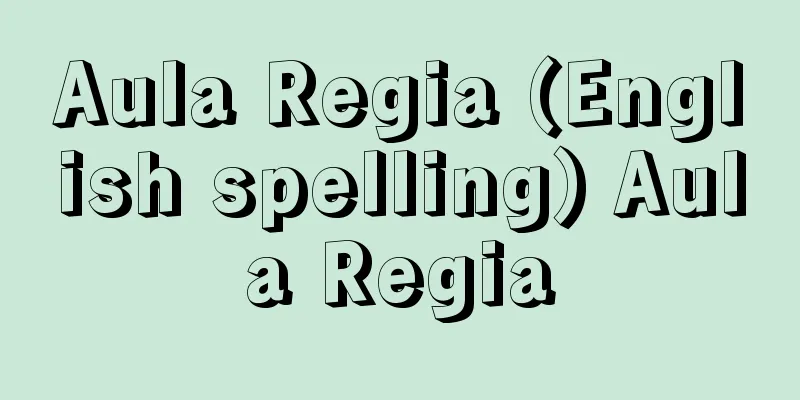
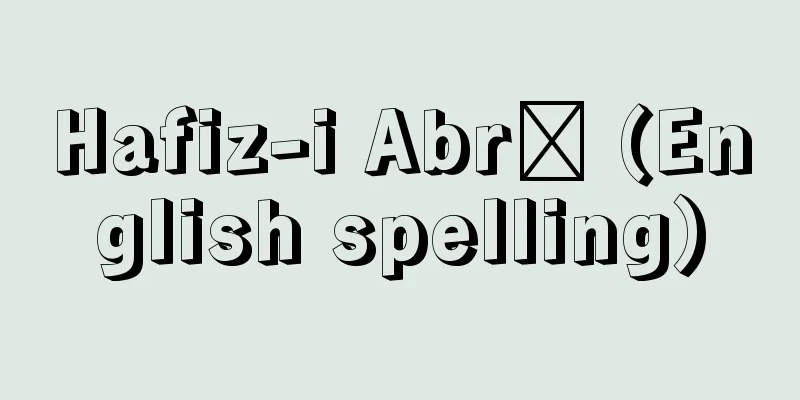


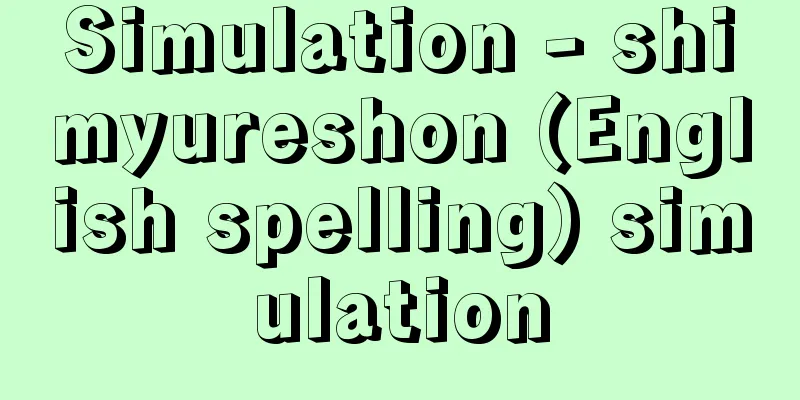
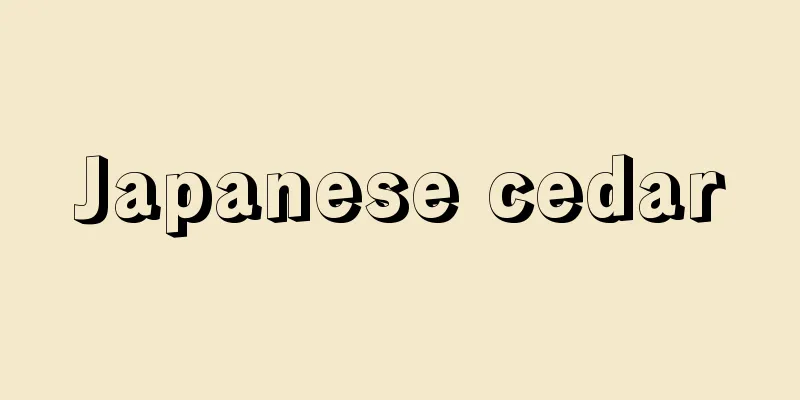
![Vesterålen [Islands] (English spelling)](/upload/images/67ccc81946247.webp)

